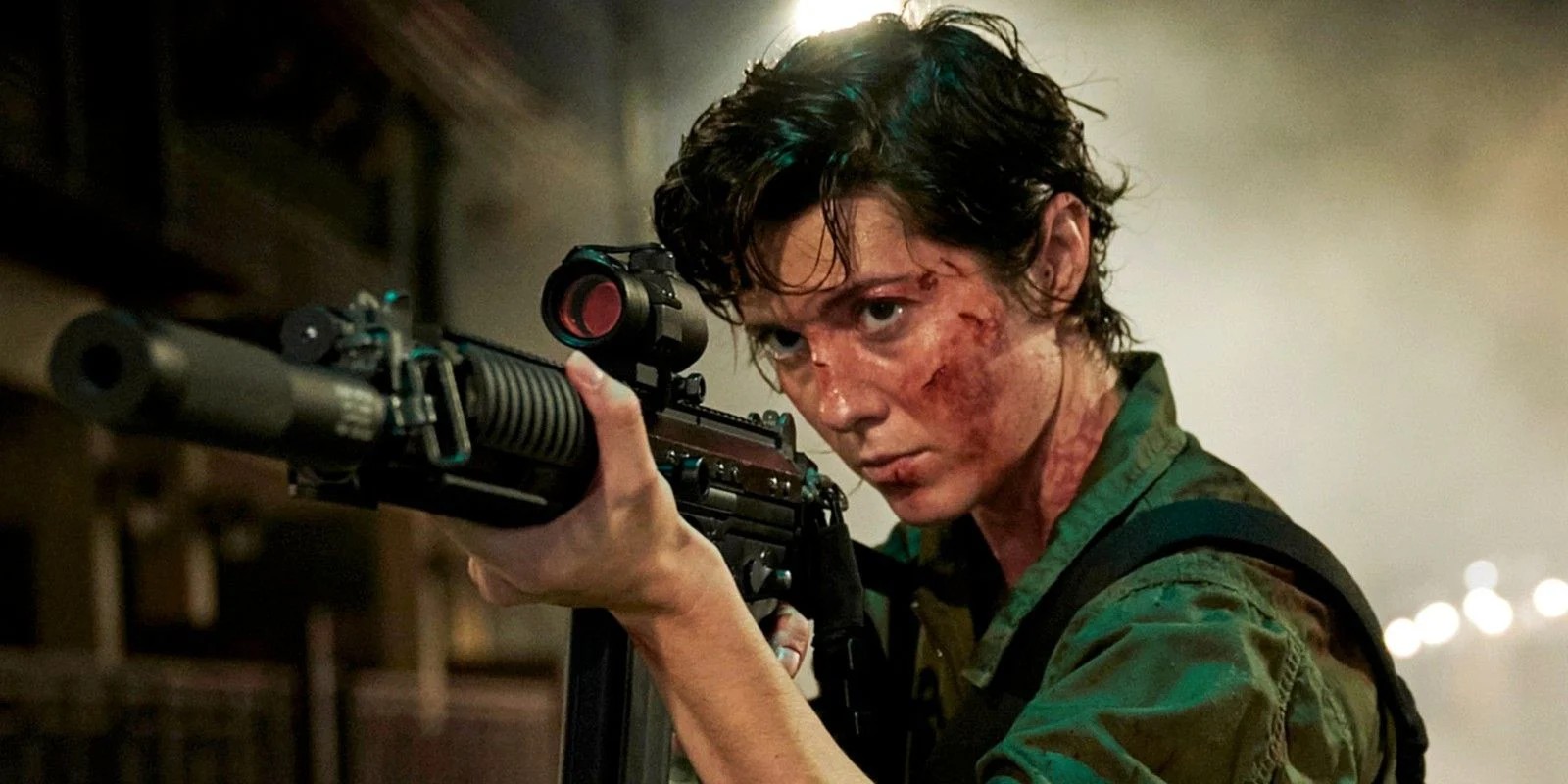★★½
“Women don’t sweat, they glisten.”
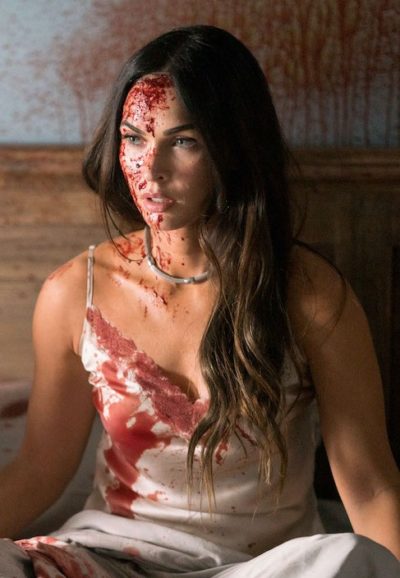 I kinda agonized, for far longer than I should have, over whether this was a 3-star or 2½-star film. It’s probably 2¾. Or perhaps 2 5/8. No, 2 11/16. In the end though, it doesn’t matter. It’s just another in Megan Fox’s attempts to become the next Angelina Jolie, following in the footsteps of the similarly okay but not exactly memorable Rogue. Indeed, I initially thought this was by the same director, but turns out it’s a different director who uses initials in lieu of a first name. Anyway, with this one now available on Netflix, it will likely raise Fox’s action-actress profile. In terms of current rankings, she probably moves ahead of Ruby Rose in the rankings. Though that’s not exactly difficult.
I kinda agonized, for far longer than I should have, over whether this was a 3-star or 2½-star film. It’s probably 2¾. Or perhaps 2 5/8. No, 2 11/16. In the end though, it doesn’t matter. It’s just another in Megan Fox’s attempts to become the next Angelina Jolie, following in the footsteps of the similarly okay but not exactly memorable Rogue. Indeed, I initially thought this was by the same director, but turns out it’s a different director who uses initials in lieu of a first name. Anyway, with this one now available on Netflix, it will likely raise Fox’s action-actress profile. In terms of current rankings, she probably moves ahead of Ruby Rose in the rankings. Though that’s not exactly difficult.
The problems here are mostly pacing, with the movie being too slow to get to the main course. Emma (Fox) is unhappily married to Mark (Macken), an over-controlling lawyer, and is having an affair with one of Mark’s colleagues. After an excess of scenes belabouring these points, e.g. Mark orders her dessert after she has declined it (what a bastard!), on their 10th anniversary, Mark takes her out to a remote lakehouse. She wakes the next morning to find herself handcuffed to him, and Mark then blows his brains out. Turns out, his life was about to fall apart, but he has a plan to wreck Emma’s life from beyond the grave. This involves sending two thugs (Mulvey and Roth) to the house, one of whom has a beef with her, due to Emma having cost him his eye.
Our heroine, therefore, has to elude the home invaders while chained to a 180-lb (literal) dead weight, in a house from which all sharp objects have been carefully removed. This is kinda distracting, as I found myself figuring out alternative methods of separation, such as slamming the corpse’s wrist repeatedly in a car-door. But that’s perhaps for the best, as a distraction from too many shots of Emma dragging Mark’s body around the house, using her wedding-dress as a tarp (I’ll take “Over-obvious symbolism” for $400, please, Alex). Naturally, this unwanted connection lasts only until the plot decides it needs to be discarded, when it becomes a more standard home-invasion thriller.
It does perk up on the arrival of the villains, and there are some reasonably clever twists thereafter. To be honest, Mark’s warped imagination was almost impressive. Though if I was going to such lengths to extract revenge, I’d probably want to be there to see it. Where’s the fun otherwise? Fox does put in the effort, even if as Chris noted, Emma remains remarkably shevelled (as opposed to dishevelled) over the course of proceedings. Her hair and lipstick remain almost pristine despite crawling across grubby floors and snowy landscapes. I’m reminded of the old line quoted at the top; if you can still look hawt when drenched in blood and brains, your make-up artist deserves some kind of award.
Dir: S.K. Dale
Star: Megan Fox, Callan Mulvey, Jack Roth, Eoin Macken






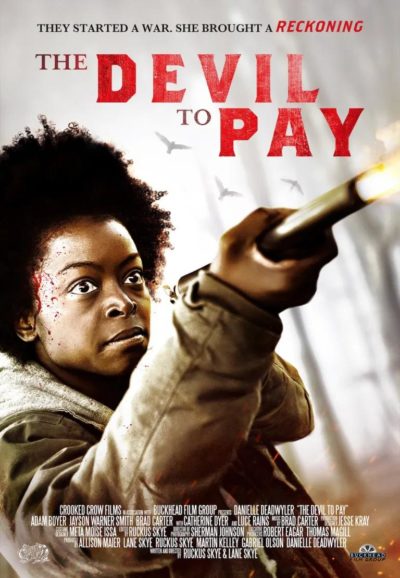
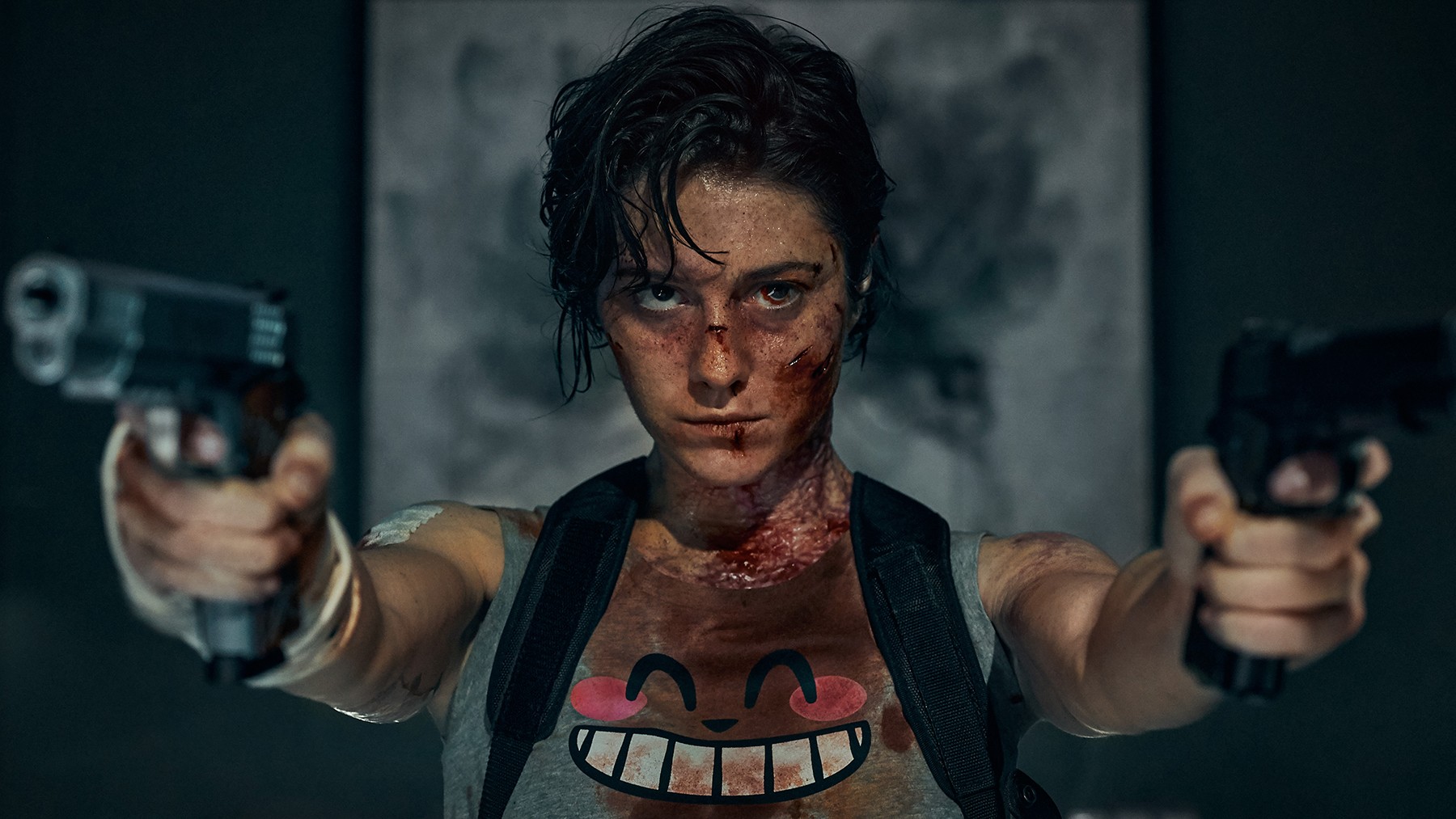 ★★★
★★★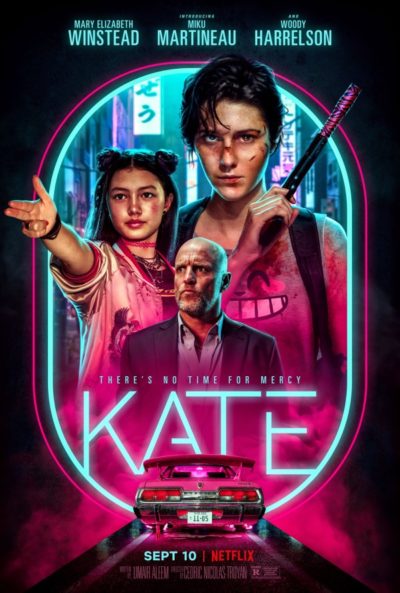 There is also, quite often, some kind of emotional resonance, in the cases where the child is not biologically related [when that is the case, you don’t typically need or get any more explanation, blood being thicker than water]. Maybe the kid acts as a surrogate, a replacement for one previously lost (Alien), or the heroine could never have. Or if a girl, the protagonist can perhaps see a younger version of herself. The other common theme is the use of the child as a key, to unlock the adult. Often, the latter has lost her humanity, typically through harsh circumstances, becoming largely a lone figure, with her emotions suppressed. The “childlike innocence” of the young person, to use a cliché, can be used as a psychological crowbar, pricing open the hard shell of the grown-up, allowing them to reconnect with their humanity. The more emotionally-driven immaturity also stands in contrast to the adult’s stoicism, often to an extreme degree.
There is also, quite often, some kind of emotional resonance, in the cases where the child is not biologically related [when that is the case, you don’t typically need or get any more explanation, blood being thicker than water]. Maybe the kid acts as a surrogate, a replacement for one previously lost (Alien), or the heroine could never have. Or if a girl, the protagonist can perhaps see a younger version of herself. The other common theme is the use of the child as a key, to unlock the adult. Often, the latter has lost her humanity, typically through harsh circumstances, becoming largely a lone figure, with her emotions suppressed. The “childlike innocence” of the young person, to use a cliché, can be used as a psychological crowbar, pricing open the hard shell of the grown-up, allowing them to reconnect with their humanity. The more emotionally-driven immaturity also stands in contrast to the adult’s stoicism, often to an extreme degree. 